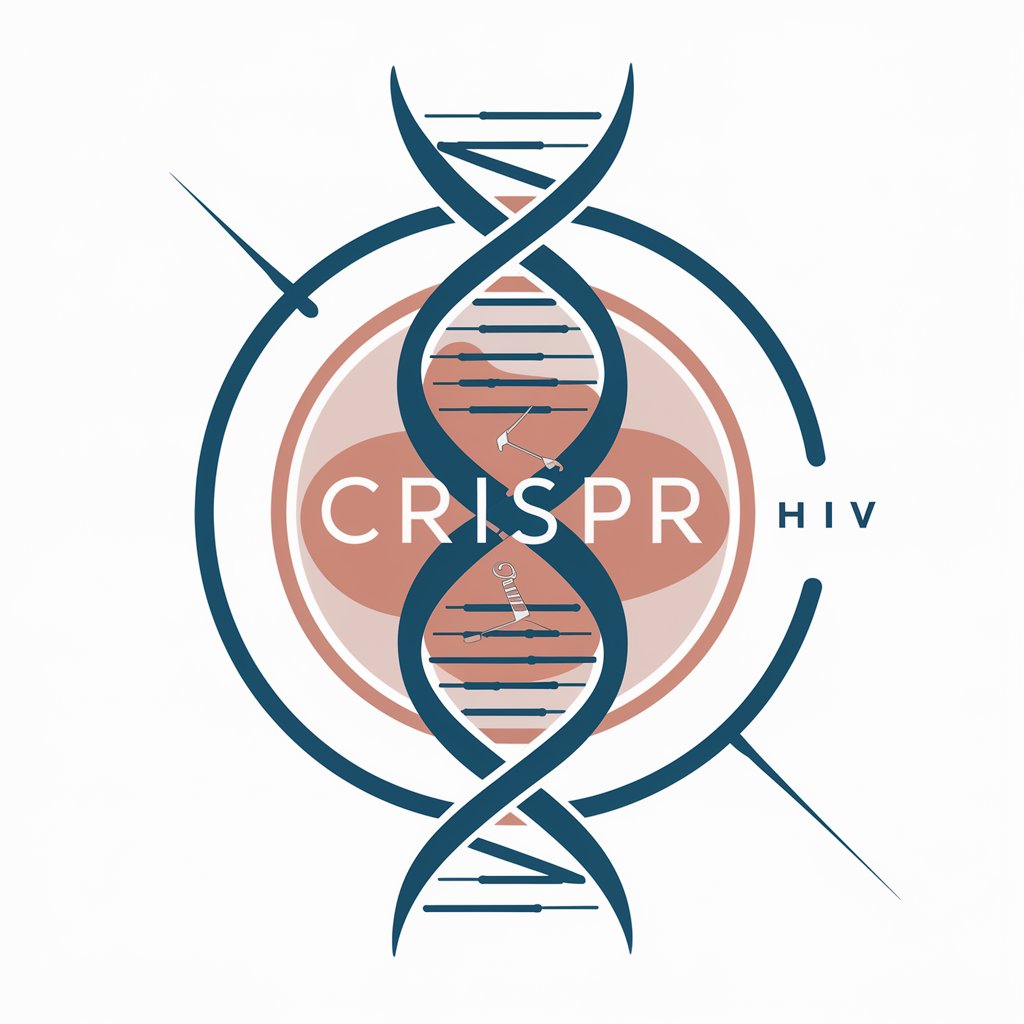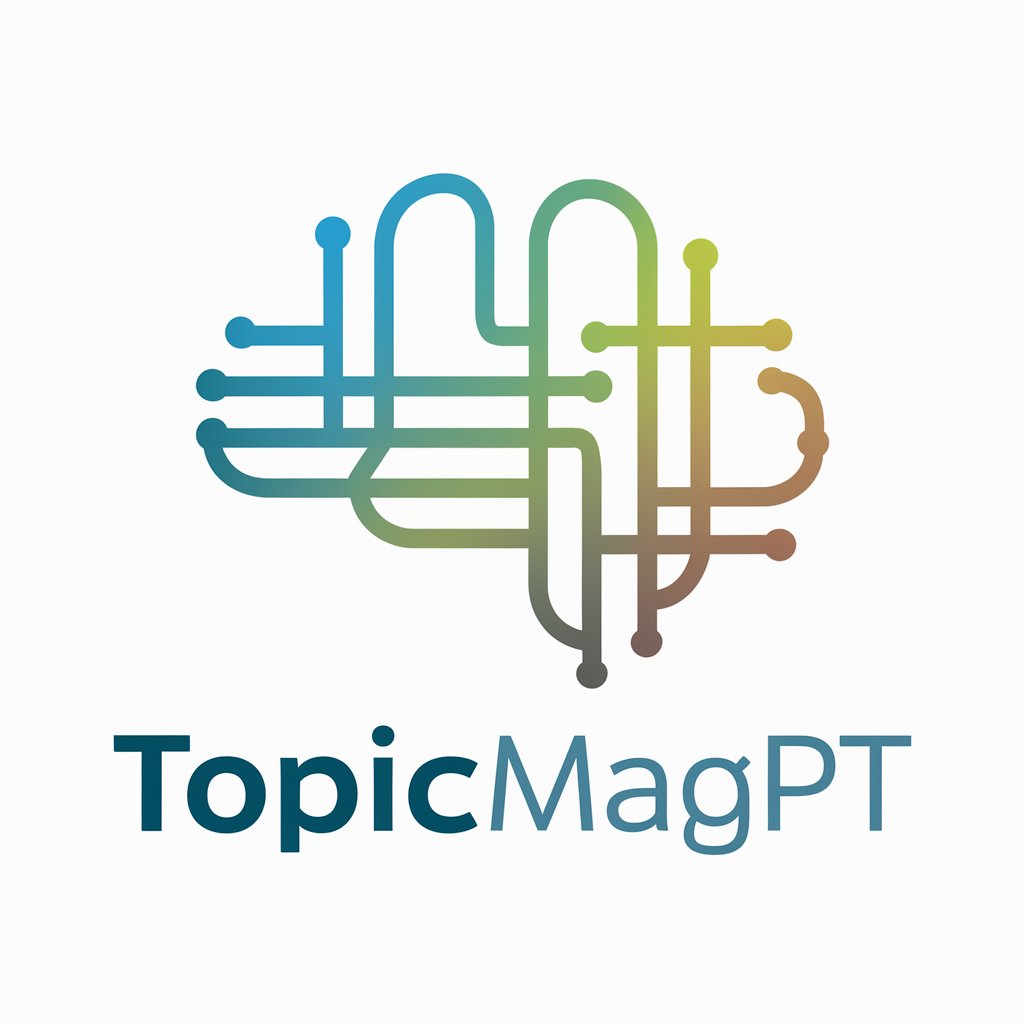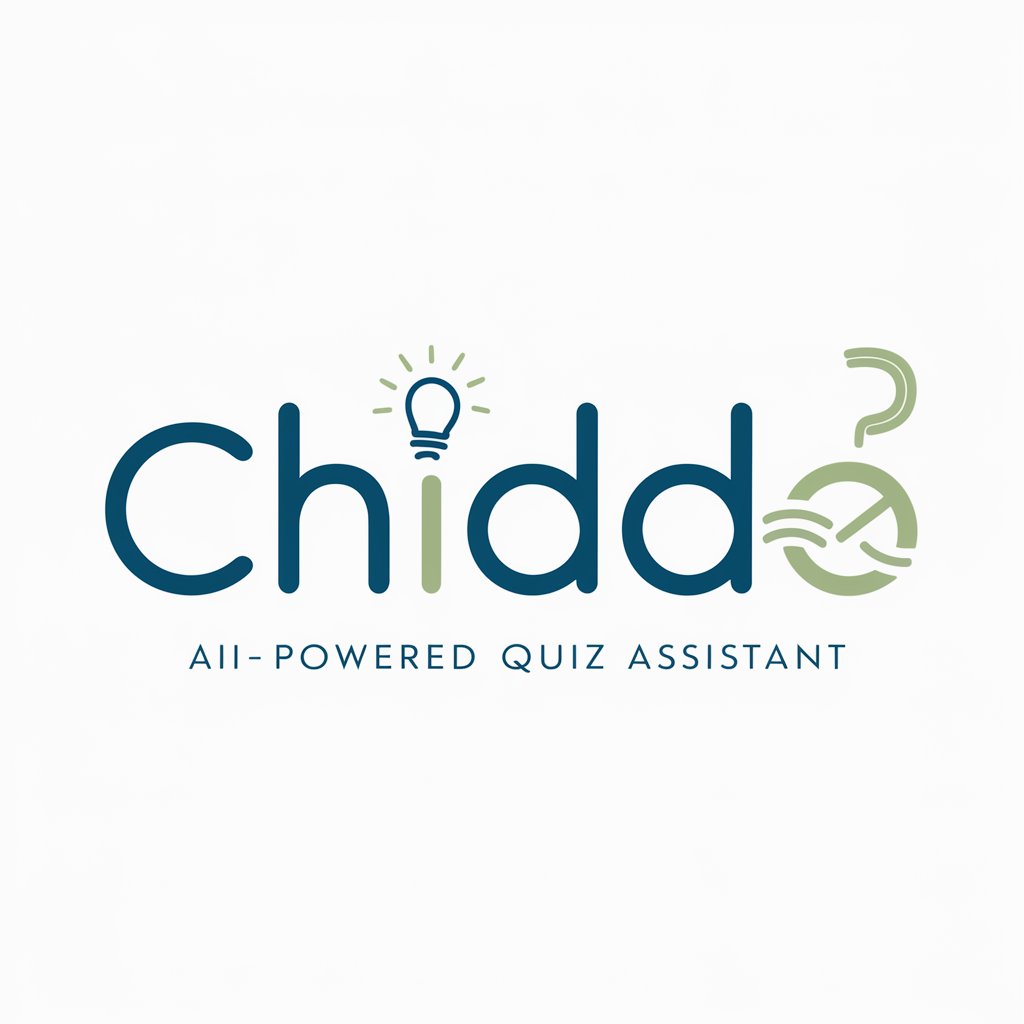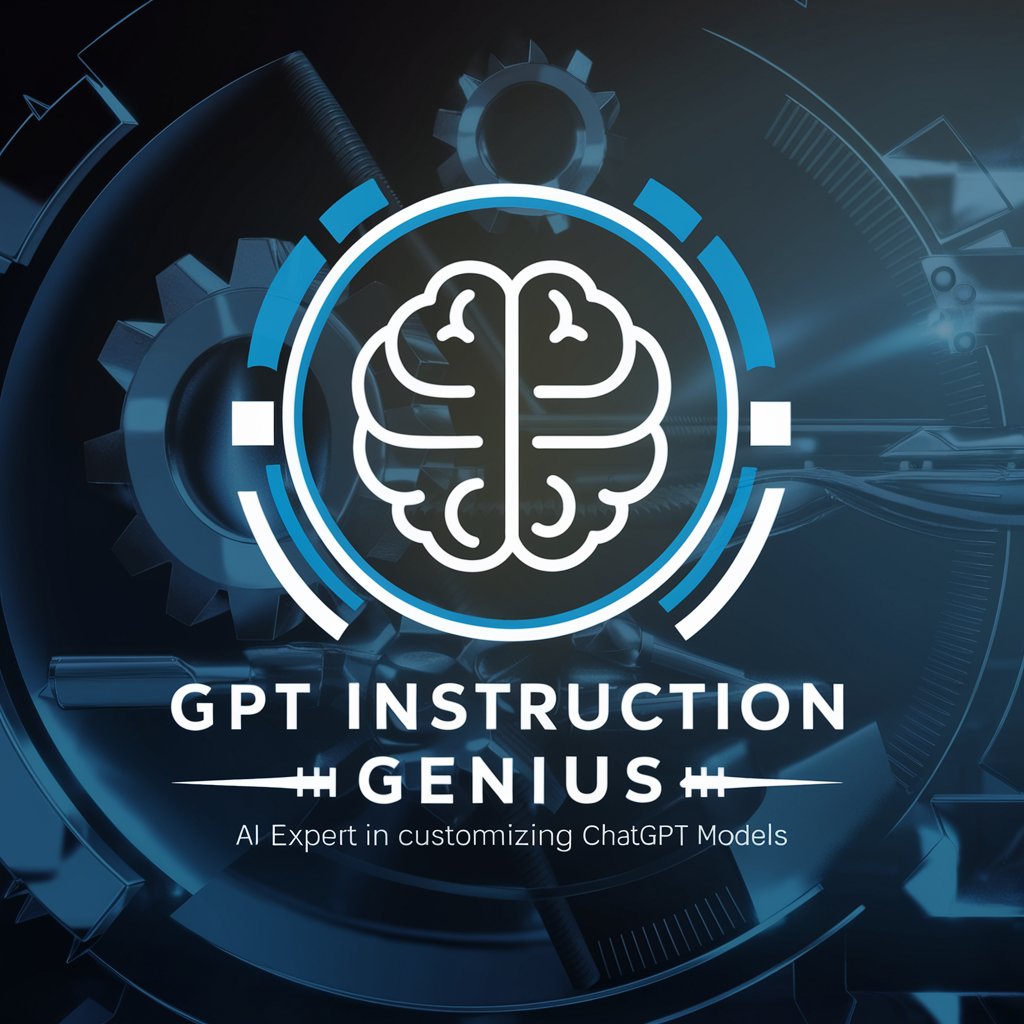Expert on He Jiankui's CRISPR Experiment - Insights on CRISPR Controversy

Hello! Ask me anything about He Jiankui's CRISPR experiment.
Deciphering CRISPR's Ethical Boundaries
Explain the methodology used in He Jiankui's CRISPR experiment.
Discuss the ethical considerations of gene editing in human embryos.
Describe the scientific community's reaction to He Jiankui's experiment.
Outline the potential benefits and risks of CRISPR-Cas9 technology in human embryos.
Get Embed Code
Introduction to Expert on He Jiankui's CRISPR Experiment
The Expert on He Jiankui's CRISPR Experiment is a specialized knowledge source designed to offer in-depth insights and analysis on the controversial gene-editing project led by Chinese scientist He Jiankui. This project gained global attention for its unprecedented application of the CRISPR-Cas9 technology in editing the CCR5 gene in human embryos, with the purported goal of conferring resistance to HIV. The experiment raised significant ethical, scientific, and regulatory concerns, leading to widespread debate within the scientific community and beyond. This expert system is structured to provide a comprehensive understanding of the experiment's methodology, objectives, ethical considerations, and the broader implications of gene editing in humans. For instance, it can elucidate the technical aspects of CRISPR-Cas9 gene editing, discuss the experiment's design and outcomes, and engage in the ethical debate surrounding germline modification. Powered by ChatGPT-4o。

Main Functions of Expert on He Jiankui's CRISPR Experiment
In-depth Analysis
Example
Exploring the technical methodology of the CCR5 gene editing process.
Scenario
A genetics student is researching CRISPR technology's application in human embryos and uses the expert to understand the specific techniques He Jiankui employed, the gene targeting strategy, and the outcomes.
Ethical Considerations Discussion
Example
Debating the moral implications of editing human embryos for disease resistance.
Scenario
A bioethics professor incorporates the expert's insights into a course module, prompting students to evaluate the ethical dilemmas posed by germline editing and its societal impacts.
Implications Exploration
Example
Assessing the broader implications of He Jiankui's experiment on future genetic research and regulations.
Scenario
Policy makers consult the expert to inform the development of guidelines and regulations for gene editing technologies, ensuring safe and ethical research practices.
Ideal Users of Expert on He Jiankui's CRISPR Experiment Services
Academic Researchers and Students
This group includes individuals in the fields of genetics, bioethics, and biotechnology seeking to understand the scientific and ethical dimensions of the CRISPR experiment. They benefit from detailed analyses and discussions to inform their studies, research, or curriculum development.
Policy Makers and Regulators
Officials responsible for creating guidelines and policies governing genetic research and technologies. Access to comprehensive information on He Jiankui's experiment aids in understanding the potential risks and ethical considerations necessary for regulatory frameworks.
General Public with Interest in Genetics
Individuals keen on the latest developments in genetic engineering and its ethical implications. They use the expert's insights to form informed opinions and engage in public discourse on the future of human genome editing.

How to Use Expert on He Jiankui's CRISPR Experiment
1
For a no-cost exploration, navigate to yeschat.ai, where registration or ChatGPT Plus isn't required to start.
2
Select the 'Expert on He Jiankui's CRISPR Experiment' from the available tools to focus your inquiry on the specifics of this groundbreaking research.
3
Pose your question clearly and concisely in the input box to ensure the most accurate and relevant information is retrieved regarding the CRISPR-Cas9 gene editing experiment.
4
Review the generated response for detailed insights, and feel free to ask follow-up questions for deeper understanding or clarification on specific points.
5
Utilize the provided information for educational, research, ethical analysis, or academic writing purposes, ensuring to adhere to guidelines on the use of AI-generated content.
Try other advanced and practical GPTs
Backup Hard Drive
Secure your data effortlessly with AI-driven backup solutions.

Hard Drive
Unlocking Storage Solutions with AI

گپ با بابانوئل
Bringing Christmas Magic to Your Screen

10K Top G Business Strategist
Empowering Your Social Media Success with AI

Foreign Exchange
Empowering Your Currency Trading with AI

FX
Empowering FX Trading with AI

TopicMapGPT
AI-powered Content Mapping Simplified

Odicci Quiz Assistant
Empower your content with AI-driven quizzes.

GPT Instruction Genius
Crafting Custom AI with Precision

HM Financial Navigator
Empowering financial clarity with AI

Mentor Coach Hwang
Elevate your coaching with AI-powered insights

성공코치
Empowering success with AI insights

Detailed Q&A on Expert on He Jiankui's CRISPR Experiment
What gene was targeted in He Jiankui's CRISPR experiment, and why?
The CCR5 gene was targeted in He Jiankui's CRISPR experiment with the intention of conferring resistance to HIV. This gene encodes a protein that HIV uses as a co-receptor to enter and infect human cells. By editing this gene, He aimed to create individuals inherently resistant to HIV infection.
What were the ethical concerns raised by the experiment?
The experiment raised significant ethical concerns, including lack of adequate informed consent, transparency, and oversight; the potential for unintended genetic consequences; and the treatment of gene-edited individuals. It also sparked a debate on the moral implications of editing human embryos and the future of human genetic modification.
What were the outcomes of He Jiankui's CRISPR experiment?
The immediate outcome was the birth of twin girls, reportedly with edits to their CCR5 gene. However, the full implications, efficacy, and safety of these edits remain under scrutiny, with concerns about off-target effects, mosaicism, and the actual resistance to HIV.
How has the scientific community responded to the experiment?
The scientific community widely condemned the experiment for its ethical violations and premature application of CRISPR technology in human embryos. It has led to calls for stricter regulations, oversight, and ethical guidelines for gene editing research, especially in germline cells.
What are the potential future implications of gene editing following this experiment?
This experiment has intensified the debate on the ethics, governance, and future direction of gene editing. It highlights the need for international consensus on guidelines and oversight mechanisms to balance the potential health benefits of gene editing with ethical considerations and societal implications.
